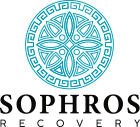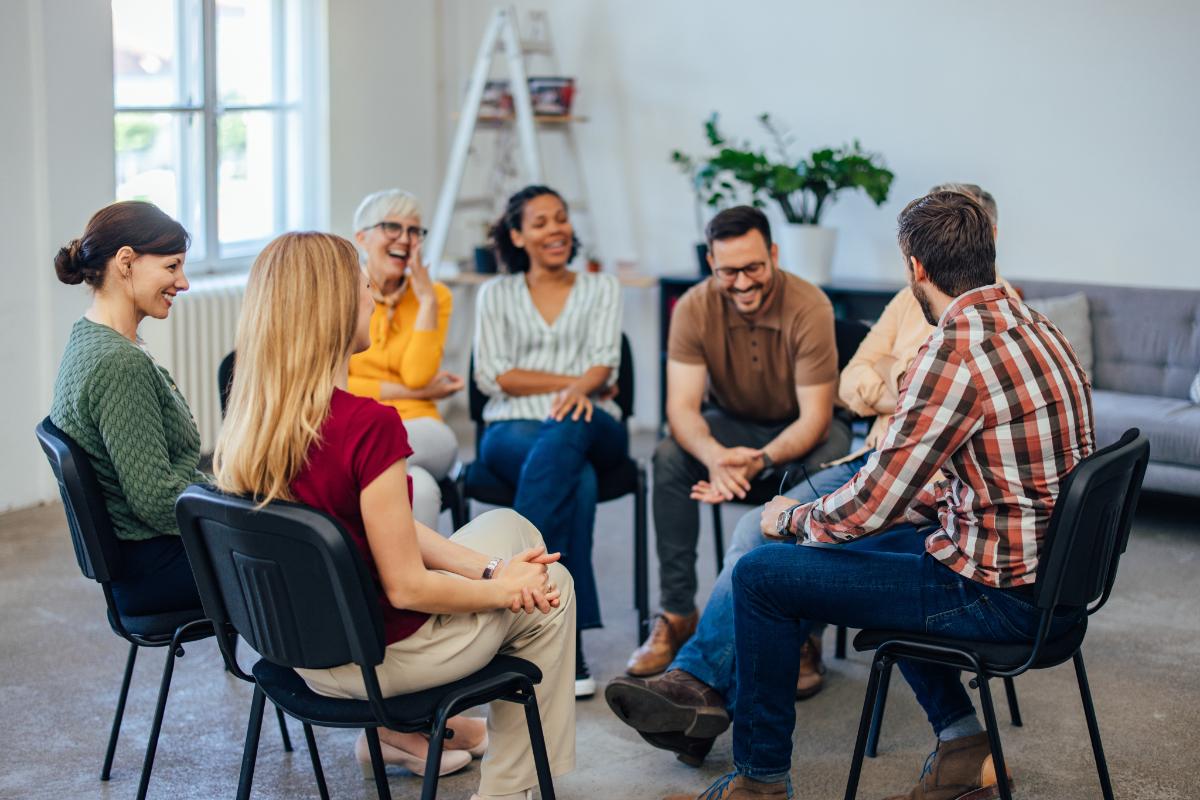Group therapy is an integral part of addiction recovery and mental health treatment. Clients can engage with others in a judgment-free zone, develop connections with others, and establish a social support network. Since substance use disorders can be isolating, connecting to the community through group therapy can be critical to healing and maintaining sobriety.
At Sophros Recovery, we know that group therapy can be a powerful tool for individuals seeking to overcome a substance use disorder. We understand how difficult it can be to take the first step toward recovery and are here to help you every step of the way. Reach out today at 866.374.0541 for more information on how we can help you begin your recovery journey.
5 Fun Group Therapy Ideas
Group therapy is an effective form of treatment as it provides individuals with a supportive environment to share their stories, learn from one another, and gain valuable insight into their recovery path. You might partake in group therapy in IOP or PHP.
Participants often discuss heavy topics in group therapy, and while these discussions are tremendously helpful, they can be mentally draining. Adding fun activities to group therapy can help participants feel more at ease and comfortable with one another. The following group therapy ideas may prove beneficial to recovery.
1. Two Truths and a Lie
This group therapy idea is an excellent icebreaker for early sessions, but it can also work even when members are more familiar with one another. Participants share three exciting details about themselves. Two are true, and one is a lie; everyone else has to guess which of the three details is a lie.
This activity inspires creativity and positive social interactions. It can also be a fantastic, low-stakes way for group members to learn things about each other that they wouldn’t have known otherwise.
2. Negative and Positive Beliefs
This activity centers on clients’ negative and positive beliefs about themselves. It can be a great discussion starter, especially for those with depression or anxiety.
Participants privately write three negative beliefs about themselves or negative messages they believe about themselves. Then they write positive letters that challenge each of these beliefs. Alternatively, participants can share their negative self-beliefs with the group, allowing everyone to work together to develop positive ideas that counter them.
This activity encourages clients to think about themselves more flexibly and realistically. It can also be powerful and affirming for them to hear positive feedback from other group members. It offers a great way to get clients thinking about how their beliefs and thoughts about themselves affect their actions and behaviors.
3. Mindful Speaking
Mindful speaking can effectively focus on mindfulness skills and communication tactics. It is adaptable for various groups, including couples and family counseling groups.
Group members pair off into partner groups; if the group has an odd number of participants, groups of three can work. Each partner gets three minutes to discuss a topic of their choice. The other partner practices mindful listening to the entire time.
The speaker plans what they will say and remains in the moment while saying it, observing the effect of their words on their partner. The partner listens actively and pays careful attention. After each person has had a turn to speak, the group comes back together and reflects on how mindful communication compares to ordinary methods of communication and speech. The activity promotes the importance of listening to others and assessing the impact of words.
4. Letter Writing to Past, Present, or Future Selves
In this activity, participants write letters to their childhood self, the person they are now, or the person they might be in many years. Group members may want to use these letters to:
- Encourage themselves to achieve a goal
- Give themselves advice
- Talk about their plans for the future
- Offer reassurance and comfort
- Express gratitude and appreciation
- Remind themselves of their dreams, values, and beliefs
Through letter writing, participants get some distance and perspective on their journey, addressing themselves with more positive self-regard and affirmation.
5. Affirmations
Affirmations work best in a group where participants have attended a few sessions already and know a little about one another. Each member writes their name on a sheet of paper and then passes it around. The other participants write positive affirmations or compliments for the person whose name is on the sheet. Then everyone has an opportunity to read what others wrote about them. This activity helps people compare how they see themselves with what others see, which can improve self-esteem and self-awareness.
Participate in Group Therapy at Sophros Recovery
Are you or someone you love dealing with a substance use disorder? Seeking help can be daunting, but at Sophros Recovery in Jacksonville, FL, we strive to provide a safe and supportive environment for individuals to receive the treatment they need. Our counselors specialize in treatment methods, including group therapy, to promote addiction recovery and improved mental health. If you’d like to know more, contact us at 866.374.0541 or complete our online form.







